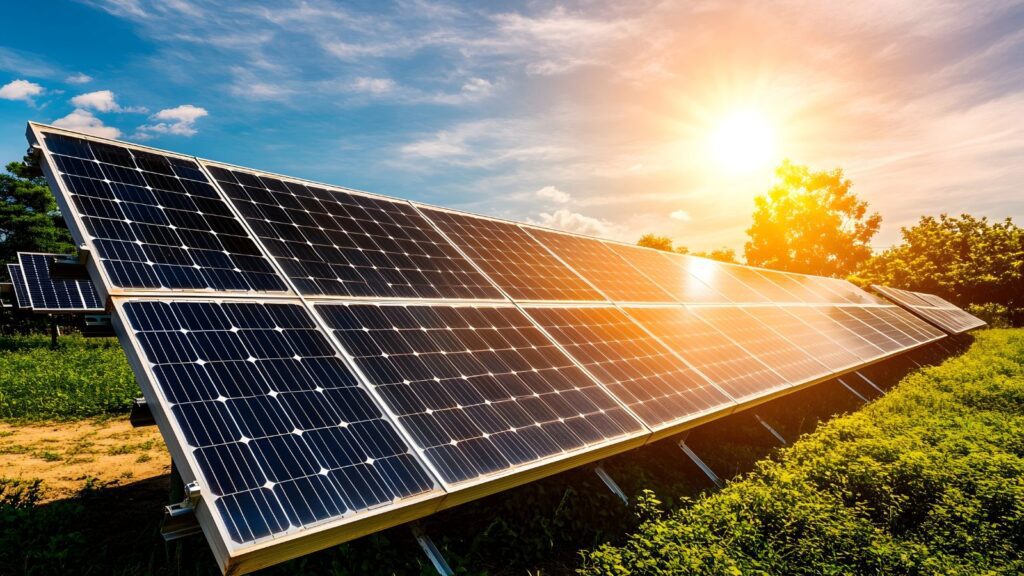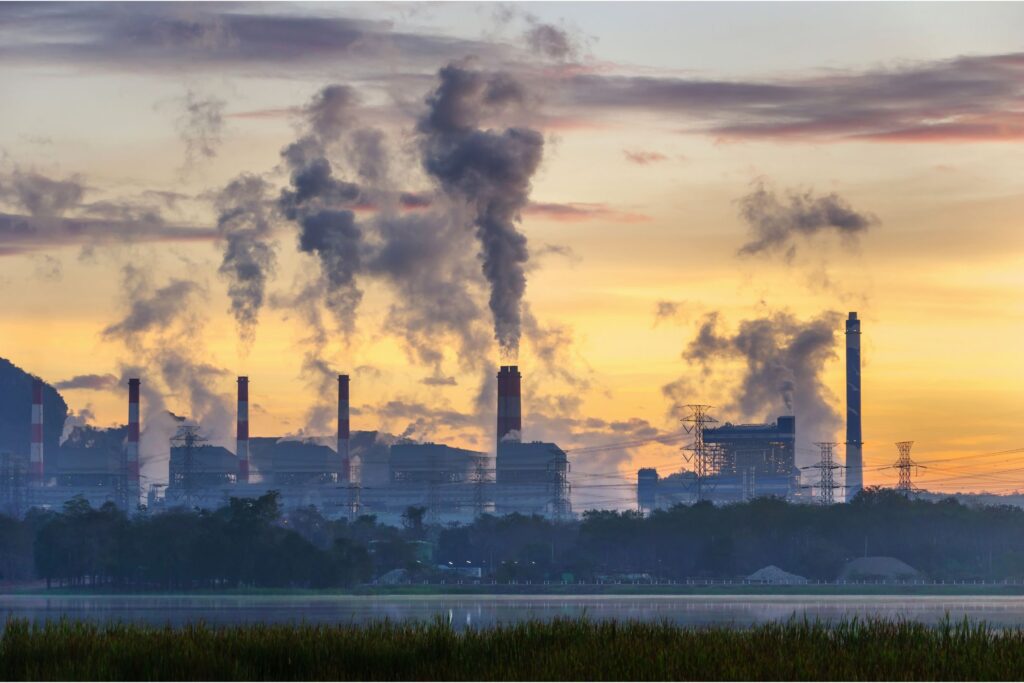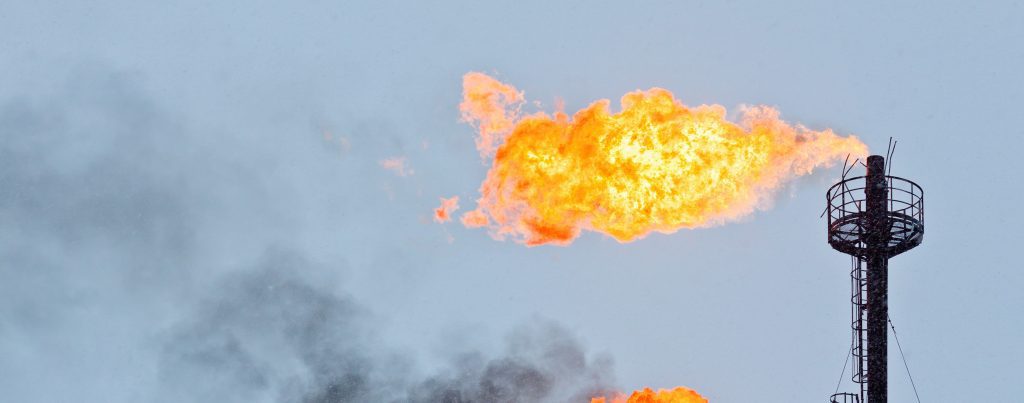Today (June 21) is National Aboriginal Day, coming just four days after the federal government’s endorsement of the Northern Gateway pipeline project. Besides being a conduit for oil from an unneeded and dangerous expansion of the tar sands and climate pollution in Canada, this approval was a slap in the face to First Nations in B.C., many of whom are strongly opposed to the project.
Unfortunately for Enbridge, but fortunately for the rest of us, many First Nations have clearly stated that the project will not go forward, despite what the federal government says. Many have launched legal action to affirm their constitutional rights to be meaningfully consulted. They have been joined in their opposition by people across BC and Canada, who have vowed to continue to oppose this unacceptable project.
First Nation opposition to tar sands pipelines does not end in British Columbia. In Ontario, the Chippewas of the Thames have been granted permission to launch a legal challenge of the decision to approve the risky Line 9 pipeline, pointing to the federal government’s failure to consult First Nations adequately on the project.
The Athabasca Chipeweyan First Nation (ACFN) is also on the forefront of the fight against the tar sands. Last year, several Environmental Defence staff, myself included, attended the Healing Walk, an Indigenous-led walk around tailings lakes in the tar sands, which was organized by the ACFN. Next week, the last Healing Walk will take place, but it will certainly not the end of the line when it comes to speaking out for health and environment.
The ACFN currently has a legal challenge against Shell Oil and have vowed to oppose all future Shell tar sands projects. They don’t stand alone. Neil Young played a series of benefit concerts to support the legal challenge and called the tar sands mines and tailings ponds “a wasteland.”
Earlier this month, Nobel Peace Prize winner Archbishop Desmond Tutu visited the tar sands region. “The oilsands are emblematic of an era of high carbon and high-risk fuels that must end if we are committed to a safer climate,” he said. “Oilsands development not only devastates our shared climate, it is also stripping away the rights of First Nations and affected communities to protect their children, land and water from being poisoned.”
Those of us who are not Indigenous must support our Aboriginal friends as allies, not just because it is a matter of fairness, but because tar sands expansion and the resulting terrifying climate impact will not be stopped without them.
Today, many of our elected leaders will no doubt be making comments about the importance of Aboriginal people. But I must wonder, do they really believe the words they are saying, or are they just as empty as their consideration of Aboriginal desires when it comes to pipeline projects?







